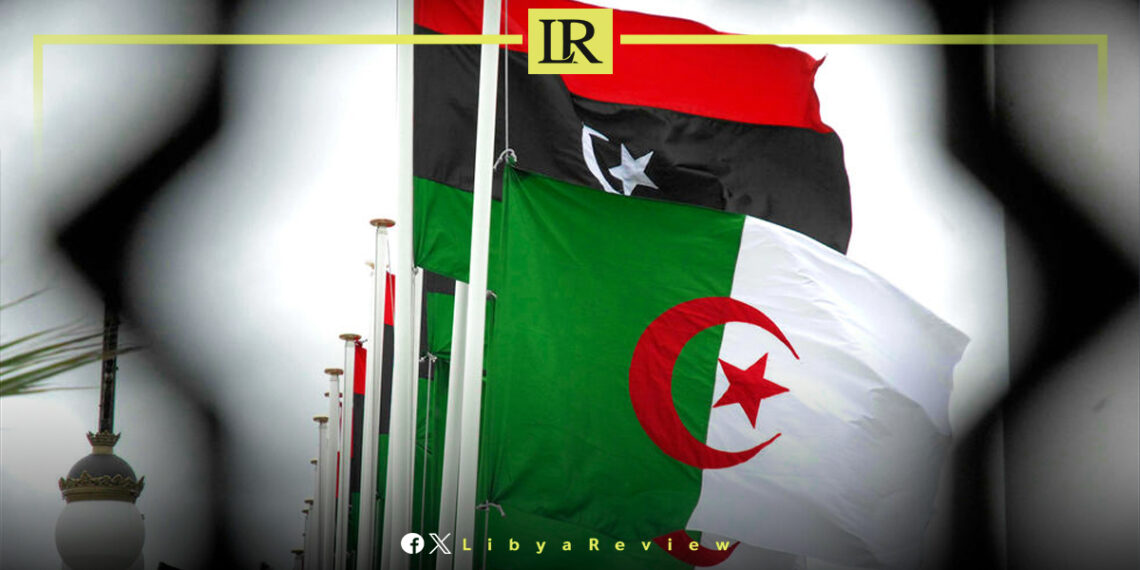In a strategic move to bolster its presence in the Libyan market, the Algerian government has initiated high-level discussions with local banks to address the challenges facing exporters to Libya. The talks reflect Algeria’s commitment to expanding its economic influence in neighboring markets.
Algerian Minister of Foreign Trade and Export Promotion, Kamel Rezig, chaired a key coordination meeting with economic operators involved in exports to Libya. The meeting included participation from the Governor of the Bank of Algeria, the General Commissioner of the Association of Banks and Financial Institutions, senior ministry officials, and representatives of economic organizations.
According to the Ministry of Trade, the session served as a platform for exchanging insights on the ground-level difficulties faced by Algerian exporters. Key issues discussed included enhancing logistical support, improving regulatory frameworks, and securing financial transactions through strengthened cooperation with the banking sector.
Minister Rezig emphasized his ministry’s dedication to supporting exporters and removing barriers, stressing that Libya represents a “natural extension” of Algeria’s export strategy. He also called for the establishment of long-term economic partnerships that move beyond simple trade exchanges.
Trade volume between Algeria and Libya has shown modest growth, rising from approximately $31 million in 2018 to around $65 million in 2021, with Algerian exports accounting for $59 million of that figure. Despite this growth, trade remains limited compared to the potential of both economies.
To unlock this potential, both governments have launched an ambitious plan to boost annual trade to $3 billion. Key components of the plan include the opening of the “Debdeb-Ghadames” border crossing, the enhancement of maritime transport, the creation of a free trade zone, and improved banking collaboration.
Additionally, Algerian customs authorities have held meetings to implement a bilateral customs cooperation agreement and stimulate trade activities across the 900-kilometer shared border. These efforts aim to combat smuggling and streamline the flow of goods between the two countries.


